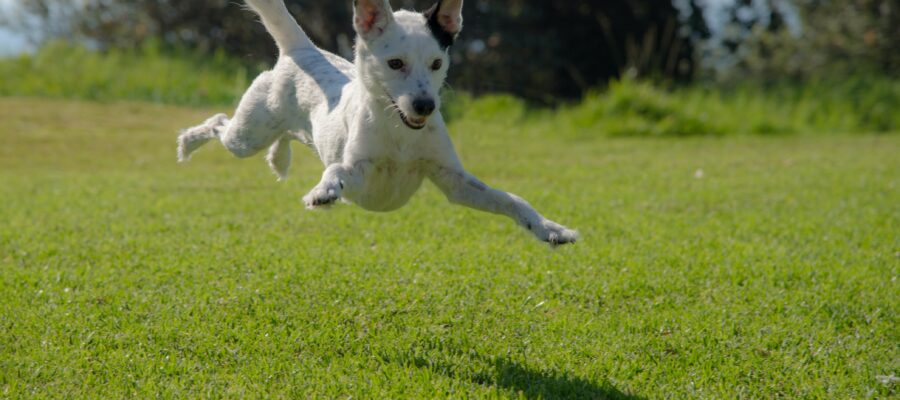
Breed Spotlight – Basenji
Originating from Africa, the Basenji is a unique and fascinating breed known for its intelligence, independence, and distinctive features. Often referred to as the “barkless dog,” the Basenji has captured the hearts of dog enthusiasts worldwide with its curious nature and ancient lineage. Let’s delve deeper into the world of the Basenji and explore what makes this breed truly exceptional.
Basenji Origins and History
The Basenji’s origins can be traced back to ancient Egypt, where they were revered as royal companions and prized for their hunting prowess. These sleek and elegant dogs were often depicted in ancient Egyptian art and were highly esteemed for their agility and intelligence. Today, the Basenji remains deeply rooted in African culture and continues to be cherished for its hunting abilities and loyal companionship.
Basenji Appearance
The Basenji is a medium-sized dog with a graceful and athletic build. Characterized by its distinctive wrinkled forehead, small erect ears, and curled tail, the Basenji exudes an air of elegance and poise. Its short, smooth coat comes in various colors, including chestnut red, black, and brindle, often accompanied by white markings on the chest, feet, and tail.
Basenji Nutrition Requirements
The Basenji, known for its sleek build and boundless energy, thrives on a diet rich in high-quality protein to maintain muscle mass and fuel its active lifestyle. Look for dog foods with animal-based proteins like chicken, lamb, or fish listed as the first few ingredients. Eggs and organ meats can also provide a protein boost. While fats are important for skin and coat health, moderate amounts are best for this lean breed. Healthy fats from sources like fish oil or chicken fat are preferable.
Basenjis have a unique metabolism and can be prone to urinary tract issues, so a diet with moderate carbohydrates is often recommended. Opt for complex carbohydrates like those found in sweet potatoes and brown rice, avoiding simple carbs like corn or wheat. A variety of vitamins and minerals are essential for overall health, including vitamins A, D, E, and K, as well as minerals like zinc, iron, and copper. Always provide fresh water to prevent dehydration, especially for this active breed. Remember, portion control is crucial for Basenjis, as overfeeding can easily lead to weight gain.
Temperament of a Basenji
Known for its independent and aloof nature, the Basenji is a breed with a strong sense of self-confidence. While affectionate and loyal to its family, the Basenji can also be reserved with strangers and assertive with other dogs. They are intelligent and curious by nature, often displaying cat-like behaviors such as grooming themselves and perching on elevated surfaces.
Training and Socialization of a Basenji
Training a Basenji requires patience, consistency, and positive reinforcement. Due to their independent nature, Basenjis may exhibit stubbornness and selective hearing at times. Early socialization and obedience training are essential to help channel their energy and prevent behavioral issues.
Basenji Exercise and Activities
Basenjis are active and energetic dogs that thrive on regular exercise and mental stimulation. Daily walks, interactive play sessions, and challenging activities such as agility and obedience training help keep them physically and mentally engaged. Basenjis also enjoy participating in canine sports like lure coursing, which taps into their natural hunting instincts.
Conclusion
The Basenji is a remarkable breed with a rich history and distinctive characteristics that set it apart from other dogs. Whether you’re drawn to its ancient lineage, unique appearance, or independent spirit, the Basenji never fails to leave a lasting impression on those who have the pleasure of knowing them.
With their intelligence, grace, and unwavering loyalty, Basenjis make wonderful companions for individuals and families alike. By understanding and appreciating their unique traits, you can forge a deep and meaningful bond with your Basenji companion that will last a lifetime.






